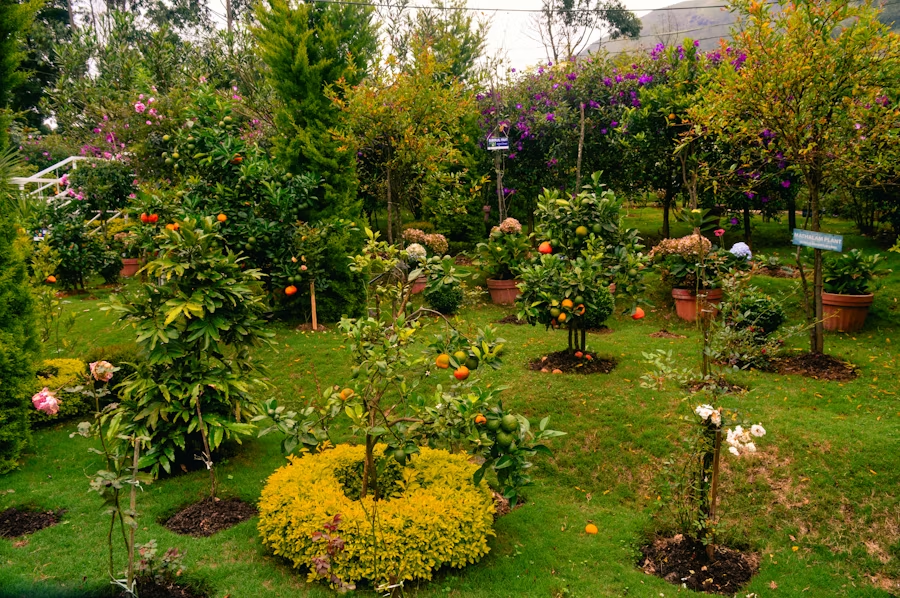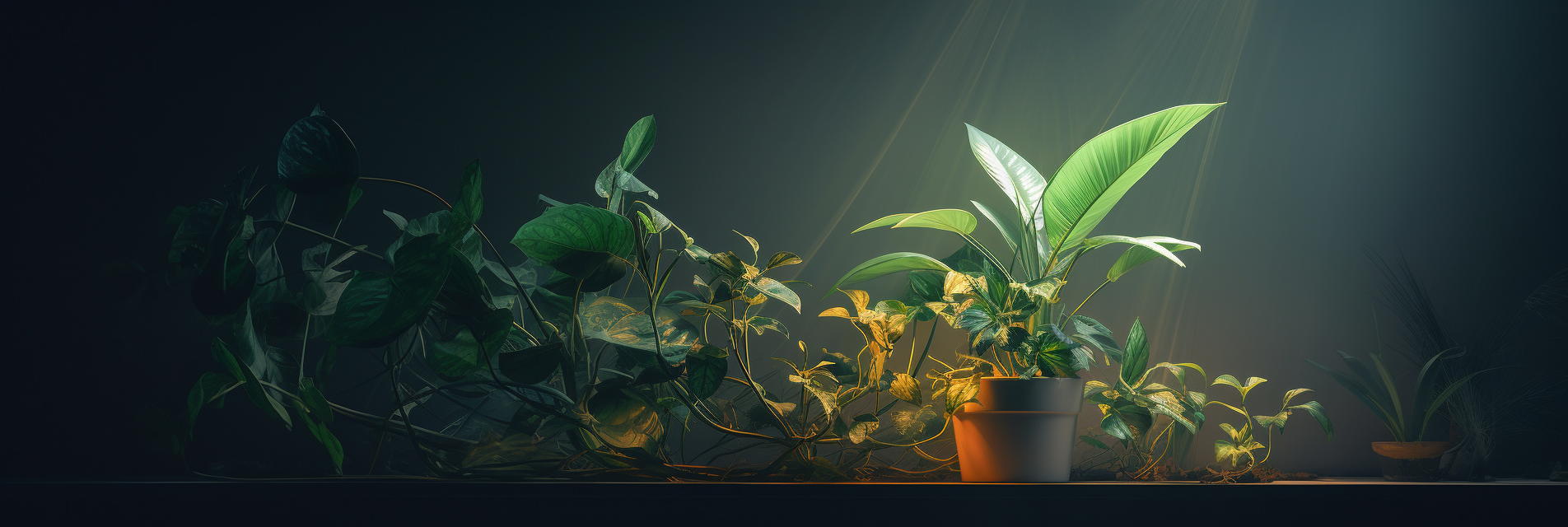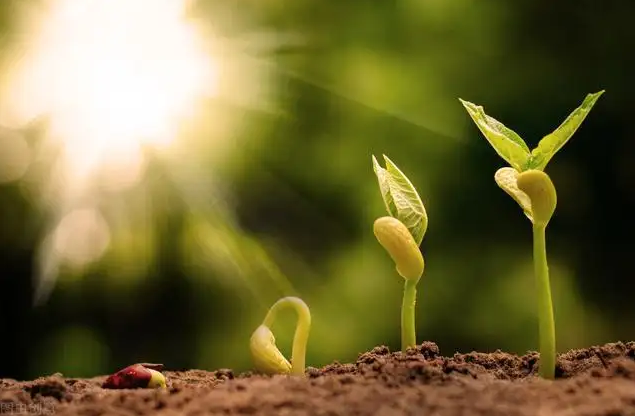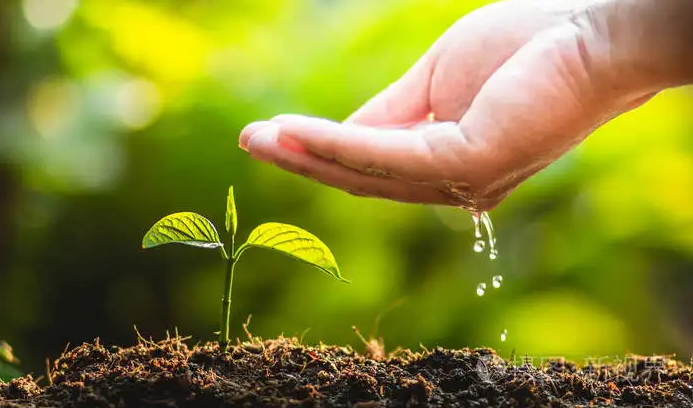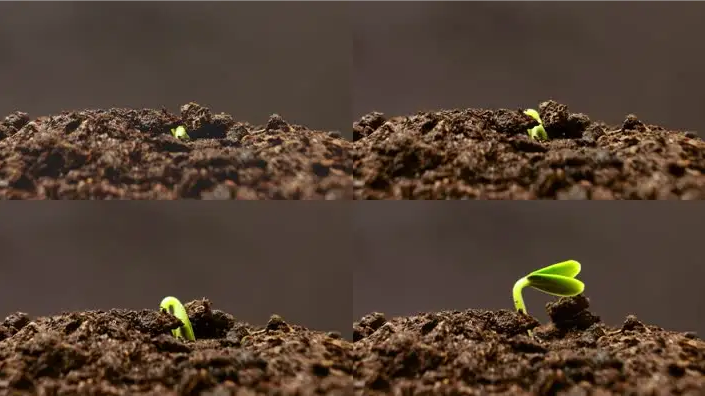From Bin to Bloom: A Guide to Preparing and Using Your Compost
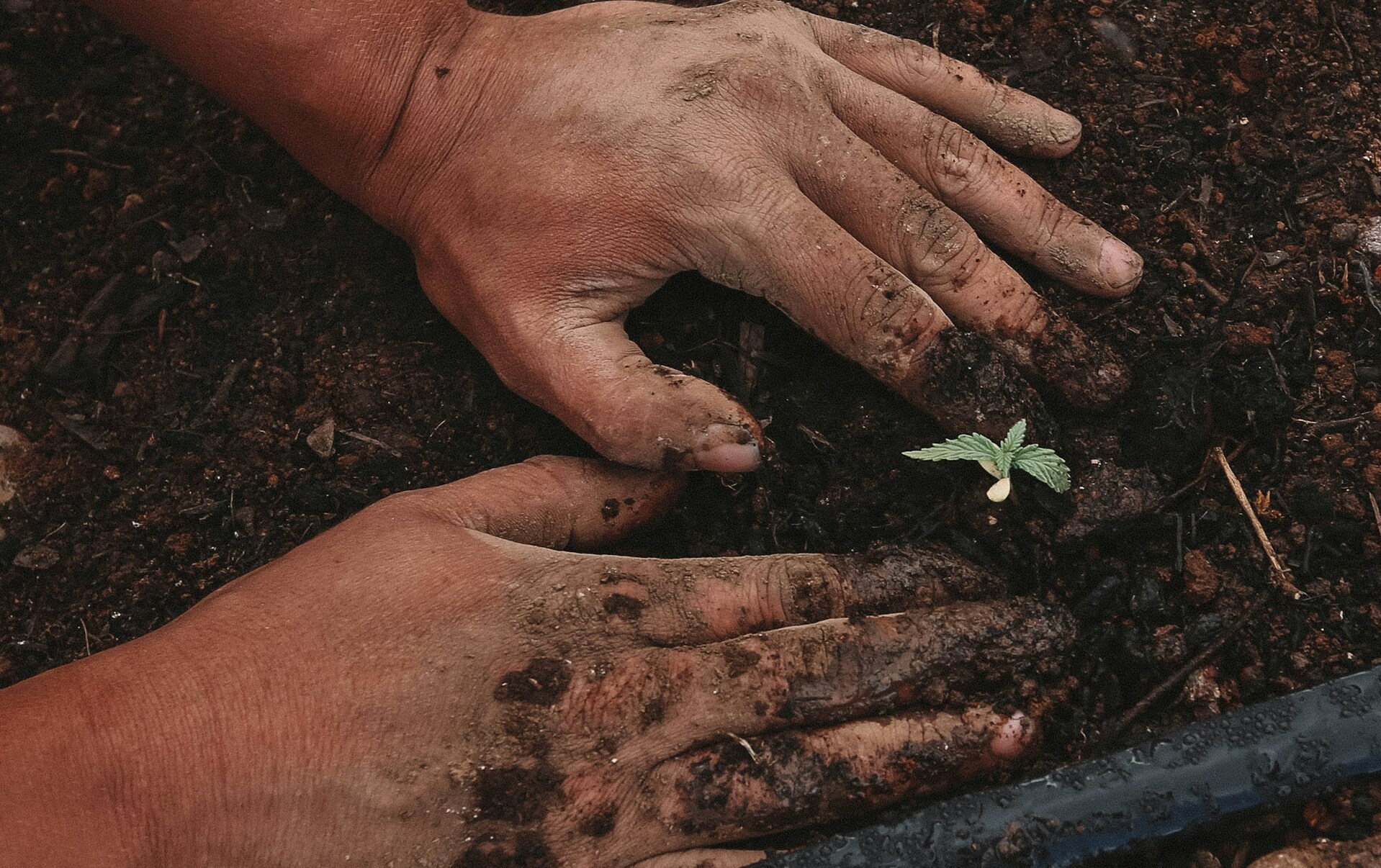
The Art of Preparing Your Compost
When you first receive your compost from your GEME composter, you're holding a concentrated source of plant nutrition and soil life. But like any powerful tool, knowing how to prepare and apply it makes all the difference in achieving the best results.

